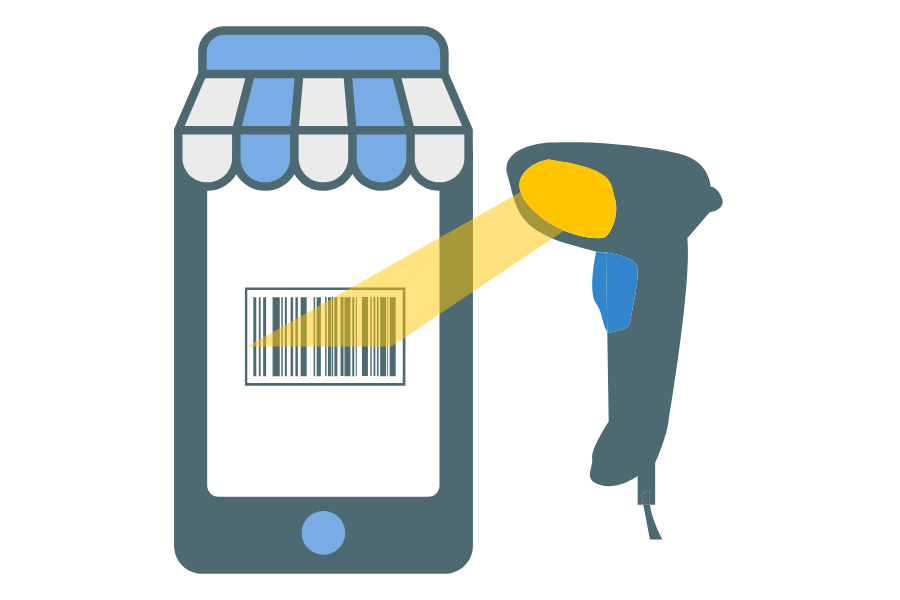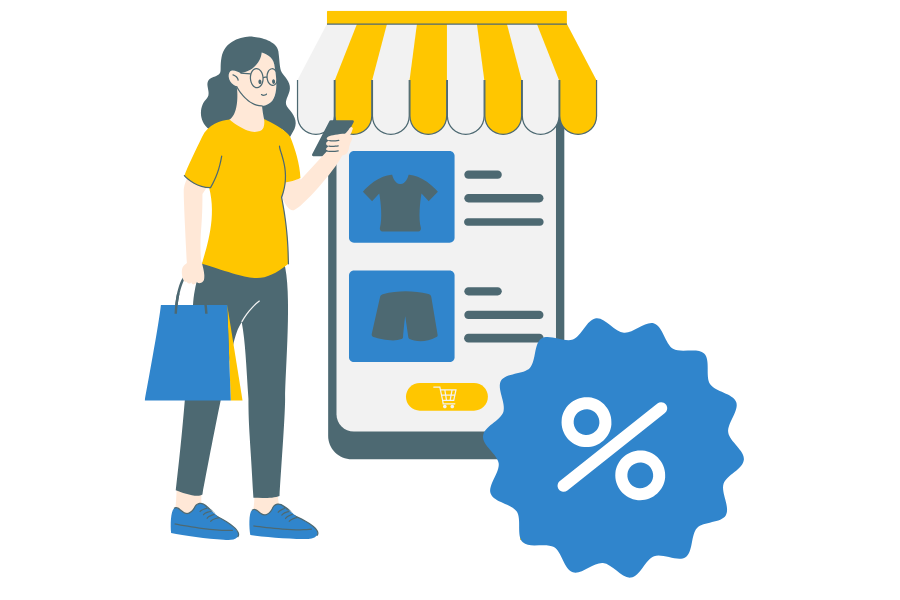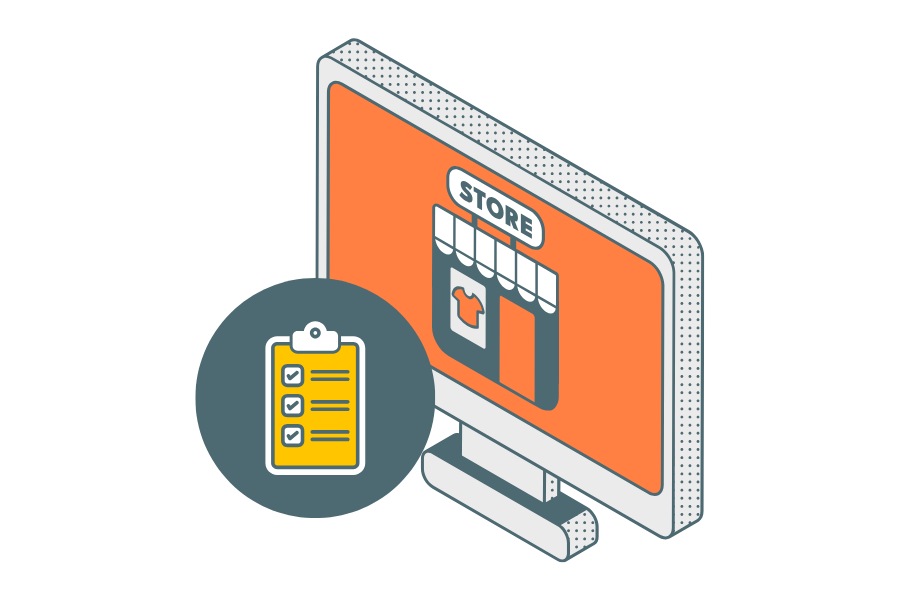Sole Trader vs Partnership: Which Is Best for Your UK Business?
Choosing between operating as a sole trader or forming a partnership is one of the first—and most important—decisions you’ll make when setting up a UK small business. Both structures offer distinct advantages depending on your business goals, resources, and how you want to manage responsibilities. For small business owners, having the right accounting services in place is crucial for managing tax obligations and ensuring compliance with UK regulations.
Here’s a practical guide to help you make the right choice.
1. What Is a Sole Trader?
A sole trader is someone who owns and runs a business independently. This business structure is easy to set up and manage, offering full control—but it also comes with full responsibility for financial liabilities.
1.1 Key Features
Here are the defining features of being a sole trader:
- Ownership and Control
- You make all decisions and retain full control.
- Liability
- You are personally liable for all business debts and legal obligations.
- Taxation
- Profits are taxed through the Self Assessment system.
- Class 2 NICs have been abolished from April 2024.
- You may still need to pay Class 4 National Insurance Contributions.
- Administration
- Simple registration with HMRC.
- No requirement to file annual accounts or confirmation statements.
- Flexibility
- Quick to start or stop trading with minimal paperwork.
- Quick to start or stop trading with minimal paperwork.
2. What Is a Partnership?
A partnership is a business shared by two or more individuals. It offers joint control and shared responsibilities. Partnerships may operate as General Partnerships (GPs) or Limited Liability Partnerships (LLPs), with LLPs offering reduced personal risk.
2.1 Key Features
Below are the main characteristics of partnerships in the UK:
- Shared Ownership
- Partners co-own the business, typically outlined in a partnership agreement.
- Liability
- GPs involve shared liability for business debts.
- LLPs protect partners from personal liability beyond their contributions.
- Taxation
- Profits are divided and taxed individually through Self Assessment.
- Each partner can deduct allowable business expenses.
- Decision-Making
- Decisions are made jointly and often require agreement from all partners.
- Administrative Requirements
- GPs must register with HMRC.
- LLPs must also register with Companies House and file annual accounts.
3. Key Differences Between Sole Traders and Partnerships
Understanding the distinctions between these two structures can help determine which better suits your business approach.
| Feature | Sole Trader | Partnership |
|---|---|---|
| Ownership | One individual | Two or more partners |
| Liability | Unlimited personal liability | Shared liability; LLPs offer limited liability |
| Taxation | Income taxed as personal earnings | Profits taxed individually |
| Decision-Making | Full control | Shared decisions; may need consensus |
| Setup Complexity | Simple registration with HMRC | Requires formal agreements and more setup |
| Admin Requirements | Minimal; no annual accounts required | LLPs must file accounts and comply with regulations |
✅ Your books should work as fast as you do. Get real-time insights, automated reports, and expert guidance—all in one place. Experience live accounting here.
4. Advantages of Sole Trader Businesses
Sole traders enjoy simplicity and independence. Here are the key benefits:
- Simple and quick to set up
- Total control over decisions and profits
- Lower costs and fewer administrative burdens
- No requirement to publish financial records
5. Advantages of Partnerships
Partnerships can be a great option for combining resources and sharing responsibilities. Consider the following advantages:
- Shared workload and responsibility
- Ability to combine resources, capital, and expertise
- Flexibility in distributing profits and responsibilities
- More room for business growth and expansion
6. Which Business Structure Is Right for You?
Choosing between a sole trader and a partnership depends on how you want to run your business, your risk tolerance, and your long-term goals.
6.1 Choose a sole trader structure if you:
- Prefer complete control and autonomy
- Are launching a small-scale or freelance business
- Want minimal paperwork and costs
- Need the flexibility to easily start or stop operations
6.2 Choose a partnership structure if you:
- Are going into business with one or more people
- Want to share financial and operational responsibilities
- Aim to scale your business with joint expertise
- Are comfortable with a more formal arrangement and shared decision-making
For those concerned with limiting personal risk, an LLP may provide an ideal compromise—offering the collaboration of a partnership with reduced personal liability.
Summary
When deciding between a sole trader vs partnership in UK small business, it’s essential to consider your personal goals, financial situation, and willingness to share control. Sole traders enjoy straightforward setup and full independence, ideal for freelancers and small-scale operators. Partnerships, on the other hand, offer collaborative benefits and can support growth through shared effort. Both structures have their place, and with the right support from reliable accounting services, you can ensure your business structure aligns with UK regulations while supporting your long-term success.
Your Books, Automated. Your Questions, Answered.
Manual bookkeeping eats into time you could spend growing your business. Traditional accounting services charge more but still need constant guidance. There’s a better way.
Counto’s modern accounting solution combines AI that learns your business with expert human oversight. Once our system understands your patterns, it handles daily bookkeeping automatically. Professional accountants review everything for accuracy, and you get instant access to your dedicated Customer Success Manager via SMS or phone—no more waiting for answers about your finances.
Join forward-thinking businesses who’ve upgraded to intelligent accounting that adapts to you, not the other way around. Ready for accounting that actually gets your business? Chat with us now, email [email protected] , or use our contact form.







